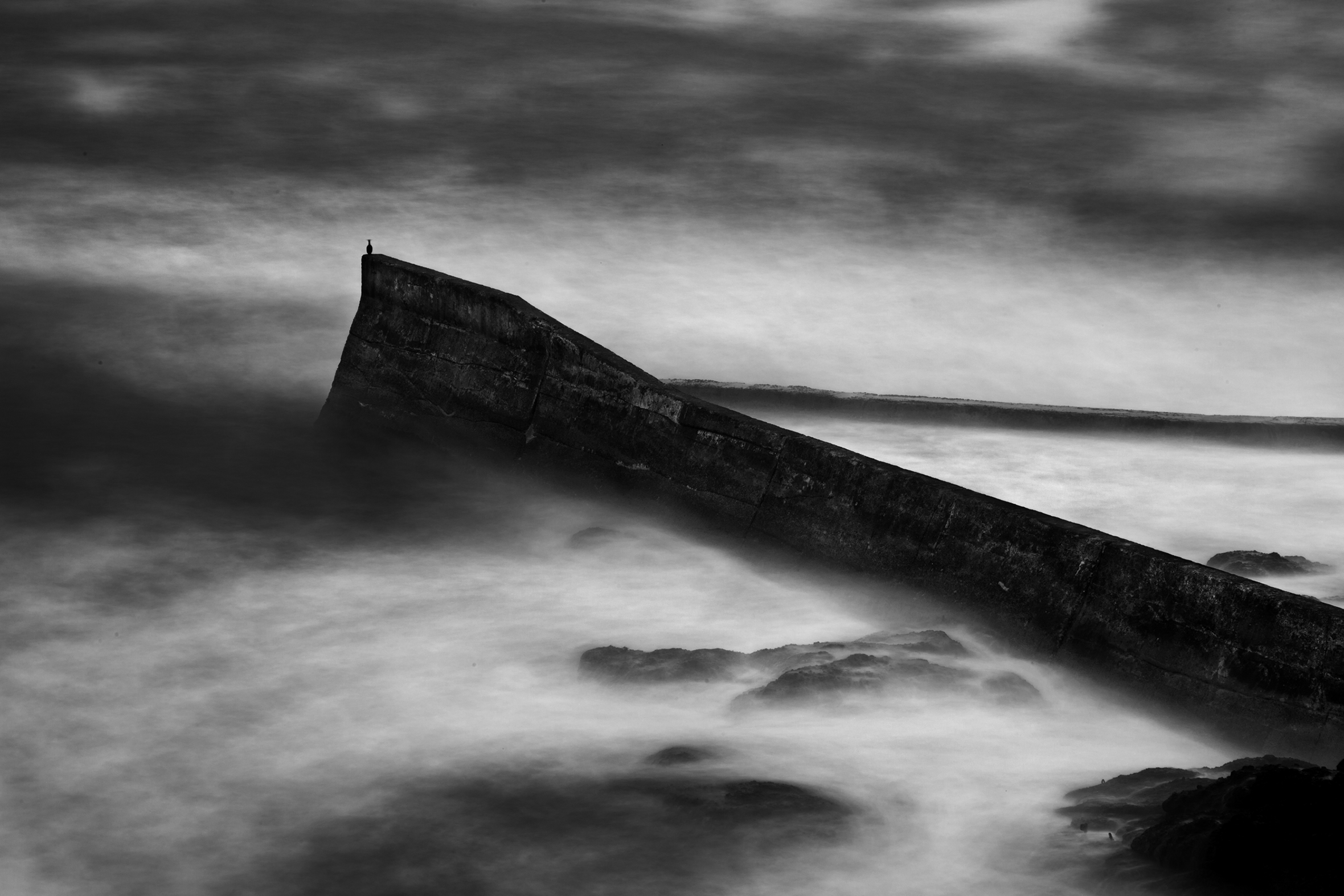Climate change is a familiar fact of life today, but it was still a new concept thirty years ago, in 1989, when Bill McKibben’s landmark The End of Nature was published. The author and activist intended the book, his first, to be a warning about the fragility of nature and an entreaty to live lightly on the earth. Among the potential environmental disasters he described was an increase in the “greenhouse effect”: Like the transparent walls of a greenhouse, certain gases in the earth’s atmosphere trap the sun’s heat. Normally this effect is benign. In fact, without it the planet would be cold and barren. But in the 1980s scientists were beginning to realize that too great an increase in “greenhouse gases” — water vapor, carbon dioxide, methane, nitrous oxide, chlorofluorocarbons, and others — would cause runaway warming.
Independent, Reader-Supported Publishing

©
The Sun Interview
Tipping Point
Bill McKibben On A Planet In Peril
Correspondence
It’s good to question the point of articles like this. It’s possible all is lost and there is no point, but the best science indicates we still have a narrow window to make the changes that will perhaps slow global warming enough that our civilizations can muddle through.
That’s obviously not a rousing call, but it may be the greatest challenge humans have ever faced. And it’s why we build movements like the one I helped start at 350.org: to bring people together to make that happen. I’ve found that action is a plausible antidote to despair — at least, some of the time.
Free Trial Issue
Are you ready for a closer look at The Sun?
Request a free trial, and we’ll mail you a print copy of this month’s issue. Plus you’ll get full online access — including 50 years of archives. Request A Free Issue
Request a free trial, and we’ll mail you a print copy of this month’s issue. Plus you’ll get full online access — including 50 years of archives. Request A Free Issue
Also In This Issue
October 2019
close




